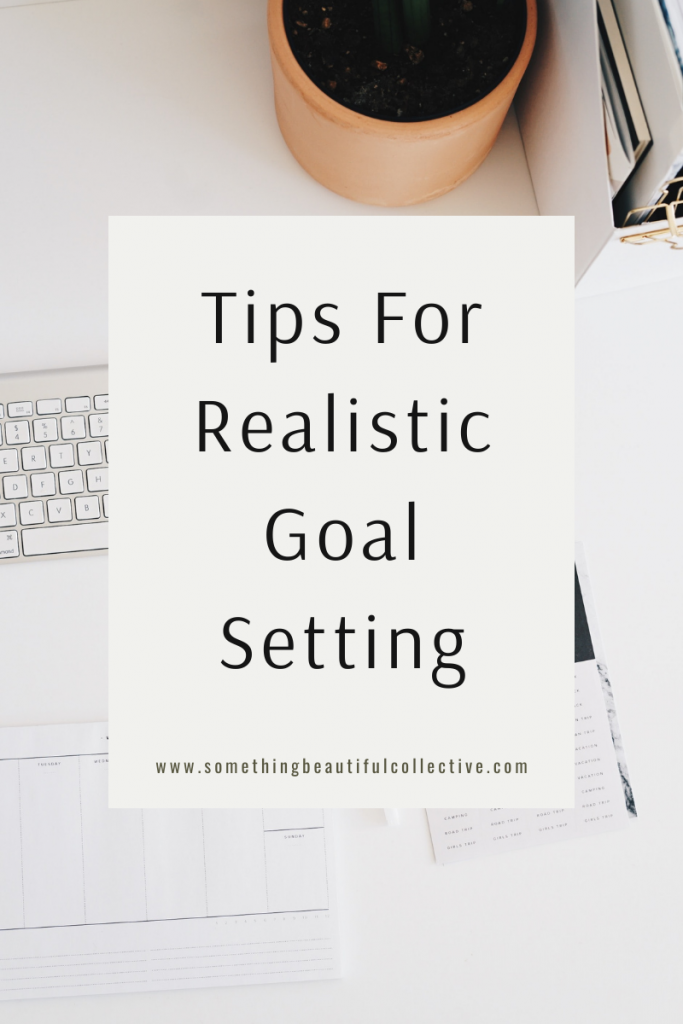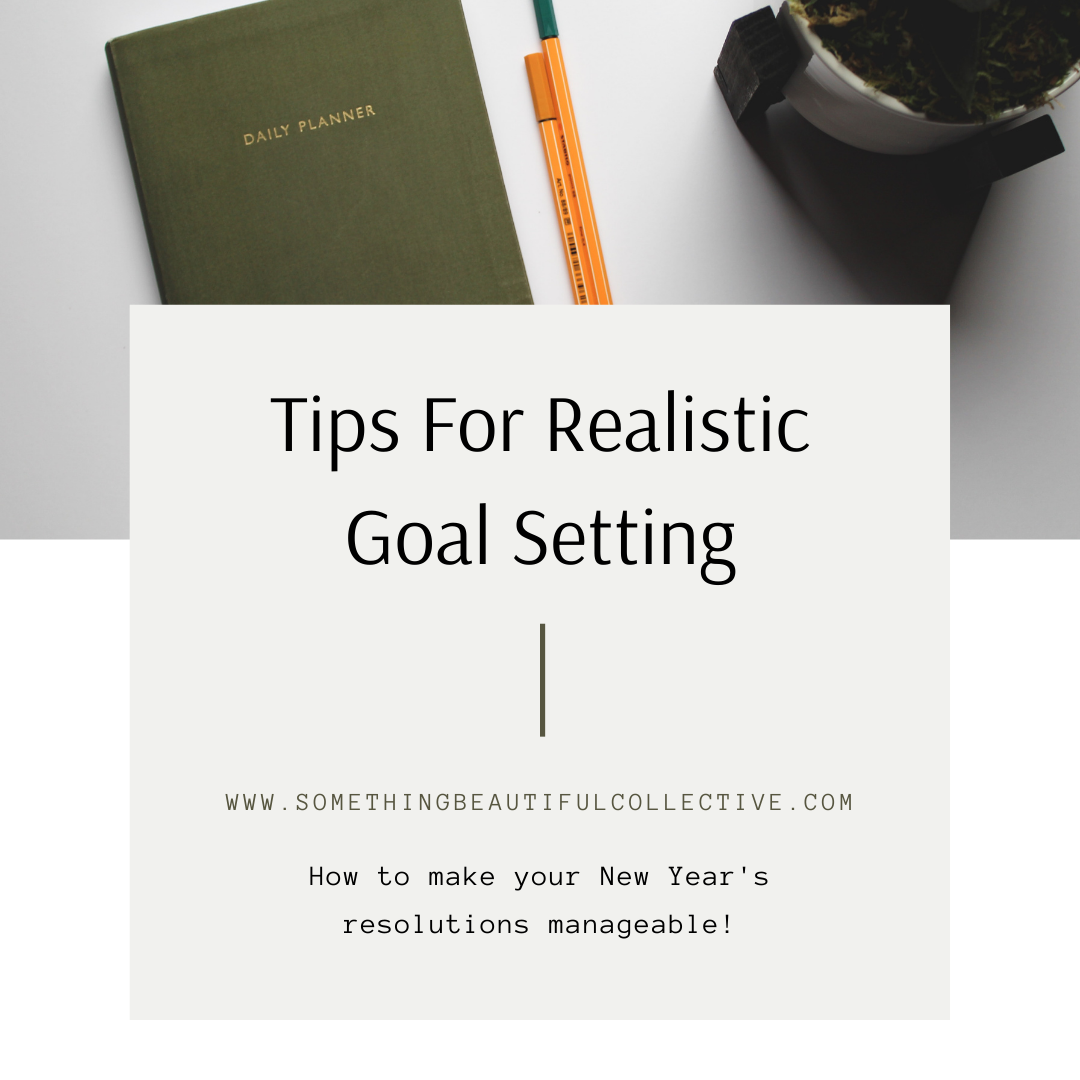Studies have shown that while most of us make elaborate New Year’s resolutions, very few of us actually succeed in achieving them.
Why is that?
Well, I for one think it’s because we tend to set goals that are too big, we try to achieve too much too quickly, and we burn out because we didn’t make a steady longterm plan for how we were going to sustain our goals.
No judgement here, I’m as guilty as the next person! As a creative, I tend to have a lot of ideas but I don’t always have enough time (or energy) to achieve everything I would like to achieve. So it usually ends up that by February (or many times, by the second week of January, LOL:), I have completely given up on all of my grand and glorious ideas for designing new products for my Etsy shop every month, writing new blog posts every week, and working on all of my various other side projects!
So how do we change this terribly unproductive habit of unrealistic goal setting?
Here are a few tips that I have found to help in actually making new year’s resolutions last past the first few days of the year!
1. Don’t Set Too Many Goals
While this one may seem obvious, most of us still come up with really long lists of all the things we want to do better or achieve in the new year. Now there’s nothing wrong with being ambitious, but we run into problems when our list of resolutions is longer than our attention span or our patience!
When we only set a few important goals, we have more time to work on them, and we are less likely to feel overwhelmed and give up.
So instead of setting 25 goals, maybe only set 10, or 5, or even 2! Less is really more if you’re actually able to achieve your goals instead of giving up!
2. Make a Plan
After you’ve made your list of goals or resolutions (or whatever you want to call them:), the next step is to make a plan for how you’re going to work towards achieving them.
It’s important that you don’t make your plan too complicated or it will be just as problematic as having too many goals. It’s not realistic to expect to work out for an hour everyday, write 3 new chapters every week, or never eat sugar again. Instead, make your plan something like, “I’m going to work out for at least 15 minutes everyday,” “I’m going to write at least one page of my novel every week,” or “I’m not going to eat sugar on Mondays and Wednesdays.”
Taking things in baby steps is proven to work better than trying to do everything all at once.
3. Reward Yourself
Everyone knows that if you promise a child or a pet a reward, they will be more likely to do what you want them to do.
Well guess what? That works with adults too!
If you try to work too hard at your goal and never give yourself a break, you will burn out. It’s kind of inevitable!
But if you take things slowly and make sure to reward yourself for small victories, you’ll be more likely to keep working towards your goals.
So do something like saying that you won’t watch TV until after you’ve worked out, or you’ll only check social media after you’ve washed the dishes.
4. Remember Your “Why”
This is something that’s important for anything that you do in life.
If you don’t have a “why,” you’ll be much less likely to continue doing something that is difficult. However, if you have a reason that you believe in, that reason can overshadow your procrastination, your fears, and your weariness.
Why do you want to work out regularly? Why do you want to write a novel? Why do you want to eat healthier? Why do you want to learn a new skill? Why do you want to be more organized?
Write your reasons down and keep them somewhere where you will see them often. Then, when you’re feeling discouraged or unmotivated, remind yourself why you really do want to do whatever it is that you’re tempted to give up on.
Overall, the key to making your new year’s resolutions manageable is to make sure you have a plan that you can keep at for more than a few days. Huge, elaborate goals may feel inspiring at first, but they will soon be overwhelming and impossible.
Setting realistic goals, taking things one baby step at a time, making sure you reward yourself for your victories, and remembering why you want to achieve your goals really can make all the difference!
What tips can you share about keeping new year’s resolutions realistic? Let me know in the comments!



